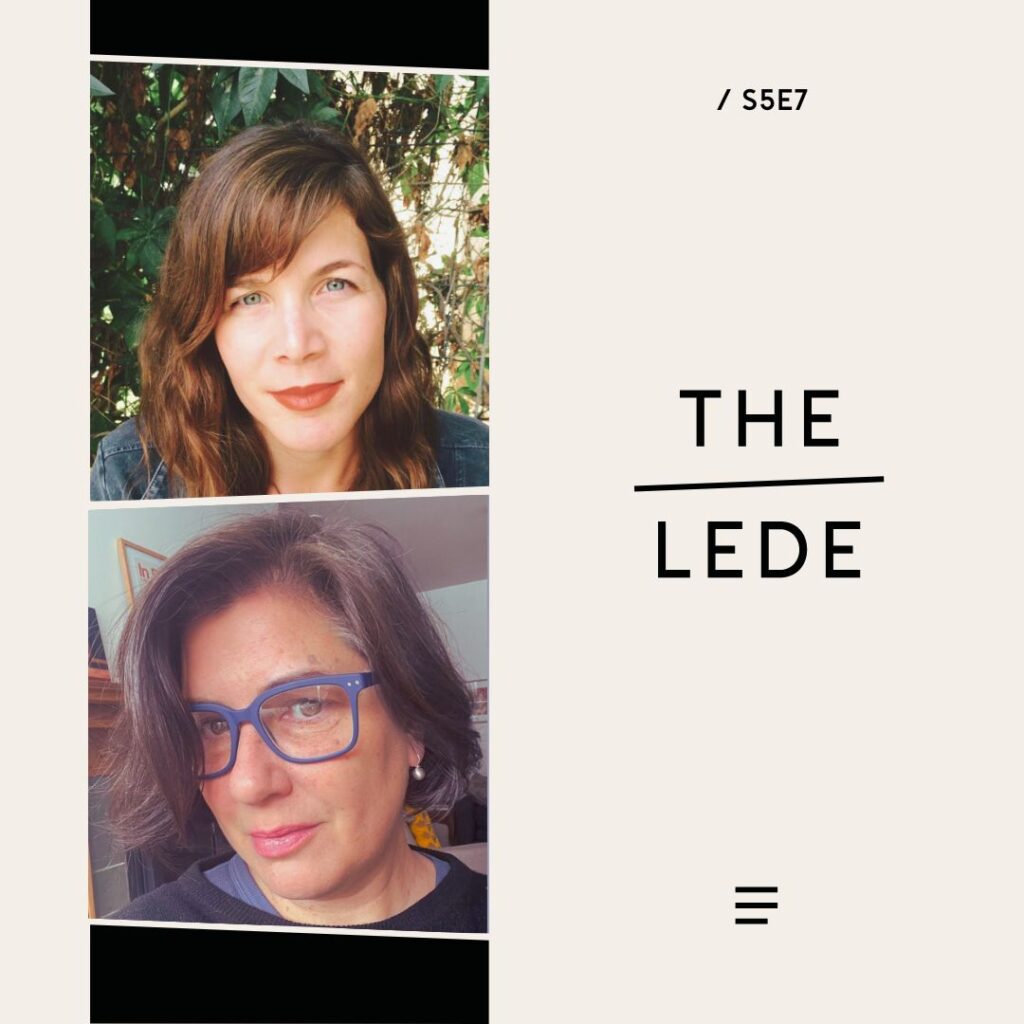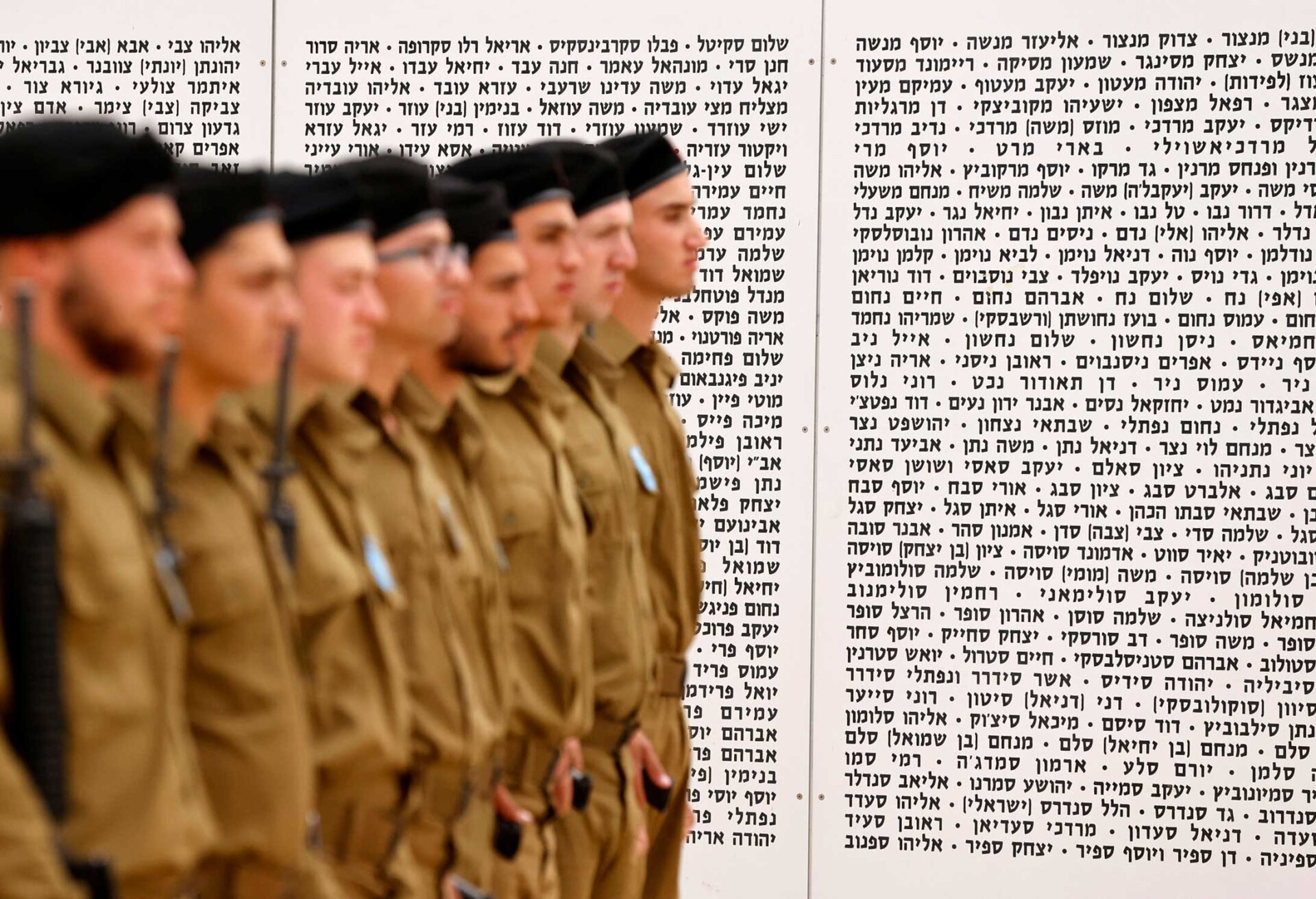Hosted by Lisa Goldman
Featuring Laliv Melamed
Produced by Finbar Anderson
Listen to and follow The Lede
Apple Podcasts | Spotify | Podbean
For Laliv Melamed, the best route to understanding changing attitudes within Israeli society is through focusing on the television programming broadcast on one particular day every year. During the country’s Memorial Day, television networks broadcast home movies about fallen soldiers instead of their regular programming. She focused on this specific aspect of commemoration for her book “Sovereign Intimacy.”
“When I started working on these videos very early on, my initial reading of them was that they were actually a way to resist the national ideology of occupation,” Melamed tells New Lines’ Lisa Goldman. Nevertheless, as she came to notice, there was a darker side to the videos that, as she describes, project a ”partial image of violence.”
“When I went out to demonstrate, people were shocked that I’m demonstrating in a time of war, because when war is happening everyone needs to be on the same front and just support the troops.”

“There is not a single moment in which someone is pausing and thinking about either Palestinian or Lebanese death. There is not a moment in which the horror and the suffering inflicted by Israel is encountered,” Melamed says.
Melamed highlights the 1982 Israeli invasion of Lebanon as a turning point for public perceptions of Israel’s army. “The concept of collateral damage to civilian victims, this idea was first introduced during the Lebanon period,” she explains.
Melamed highlights the Four Mothers protest movement, established in the wake of the 1997 Israeli helicopter crash that killed 73 military personnel. “This is a feminist movement led by women, but the very interesting thing is that in order to articulate an anti-war, anti-occupation voice, the movement appropriates the voice of the mother,” she says. “It is [advocating] withdrawal for the sake of our children, for the sake of our morality, for the sake of our society. It’s not a call on justice, it doesn’t acknowledge the price that Israeli ongoing aggression and violence has on the people living across the border in Lebanon, in Palestine.”
According to Melamed, this introspection leads to what she describes as “the Israeli amnesia.” Recalling the 2006 war with Lebanon, she says, “To be in this experience in Israel, it’s quite shocking. You’re constantly overwhelmed by the volume of the emotions. … The entire public sphere becomes like a collective body that is orchestrating around this war effort. I remember in later wars, or operations in Gaza, when I went out to demonstrate, people were shocked that I’m demonstrating in a time of war, because when war is happening everyone needs to be on the same front and just support the troops.”
Describing how she has adjusted to tackling difficult topics with friends and family inside Israel after the Oct. 7 attacks and during the subsequent brutal war in Gaza, Melamed says, “I found myself listening to stuff that was very painful for me to hear, stuff that hurt me as a human being. … I need to listen because I need to understand how these things work, because I think that only through listening can I maybe try and formulate anything that is future-looking.”


